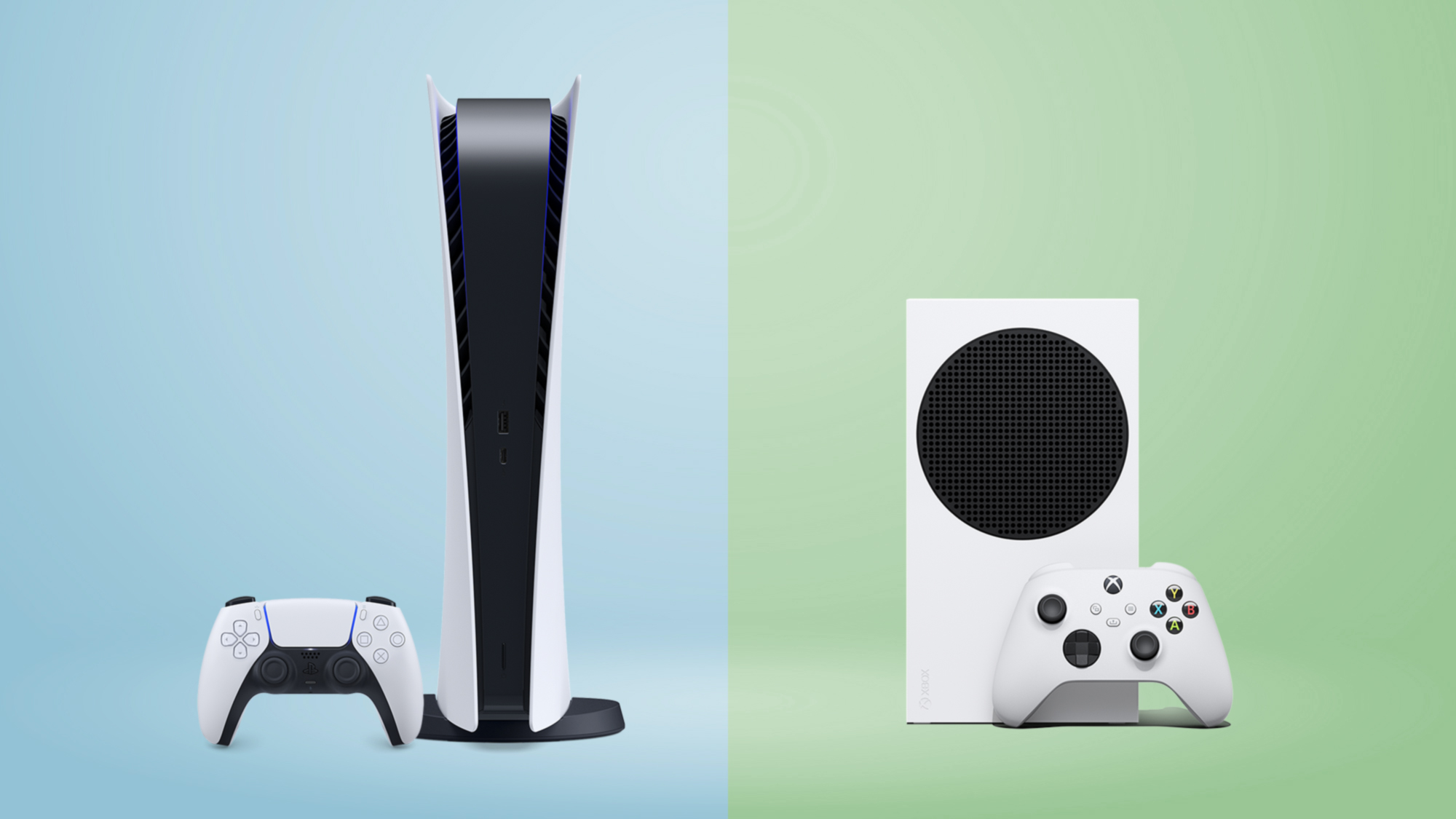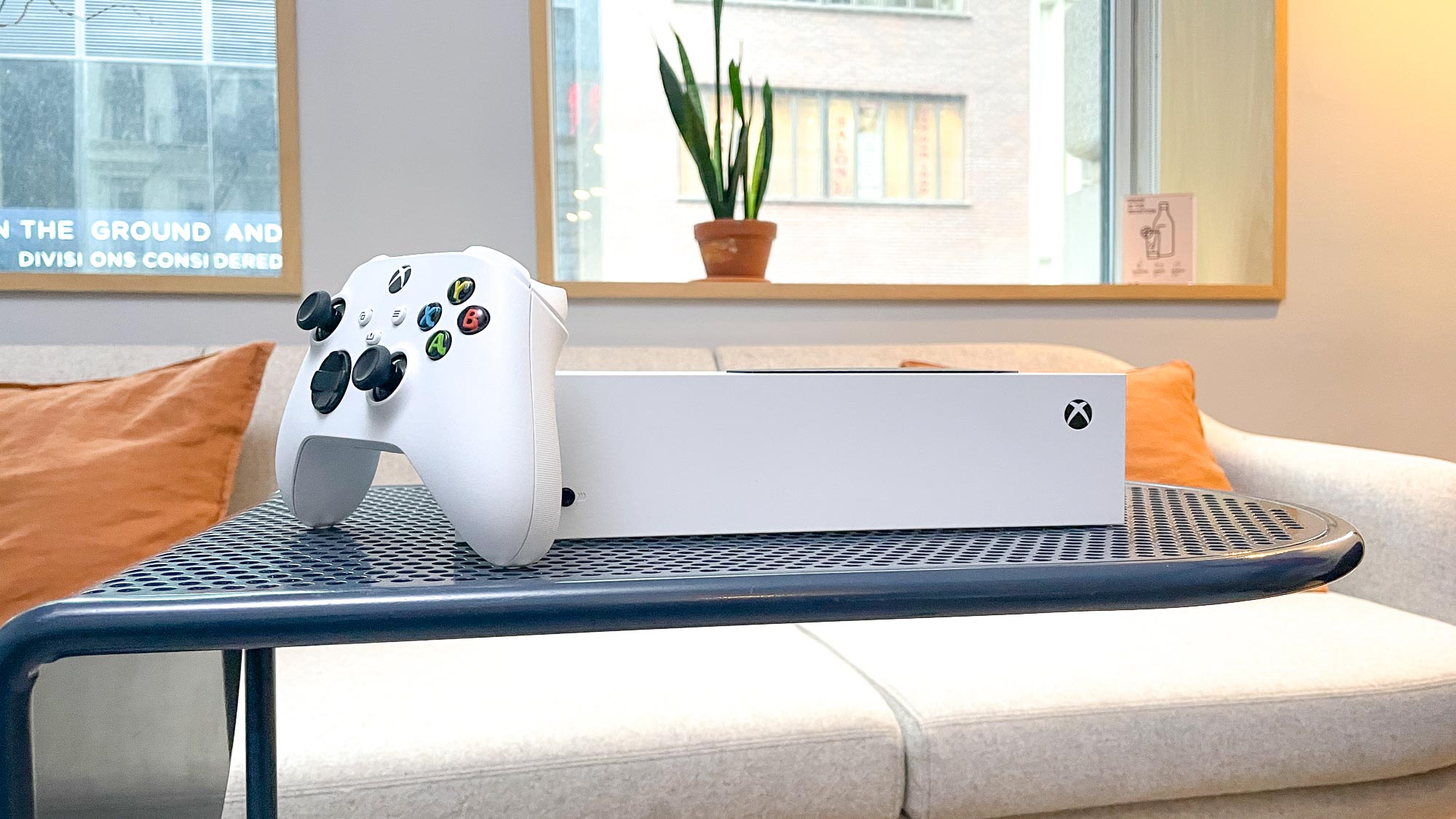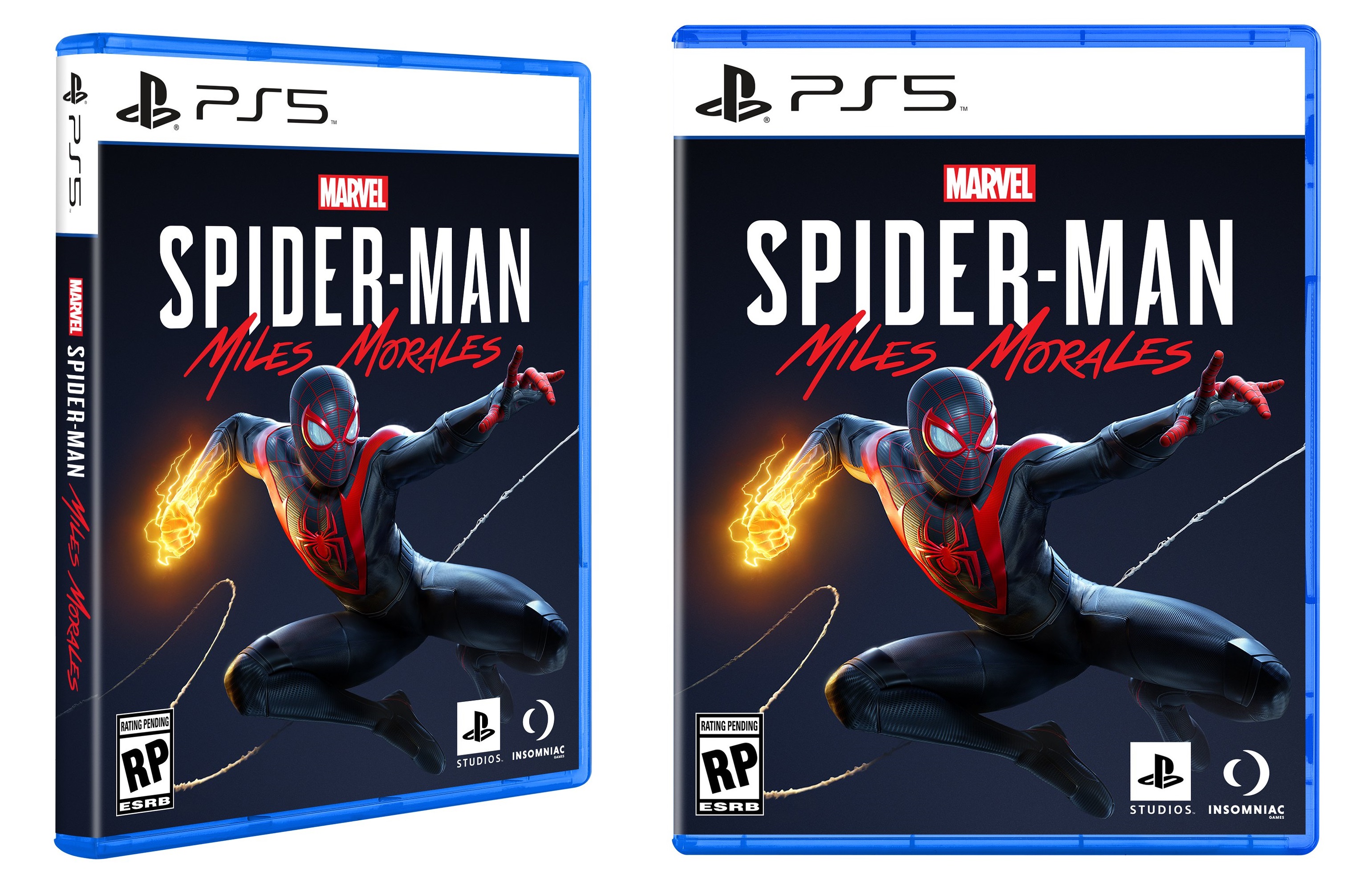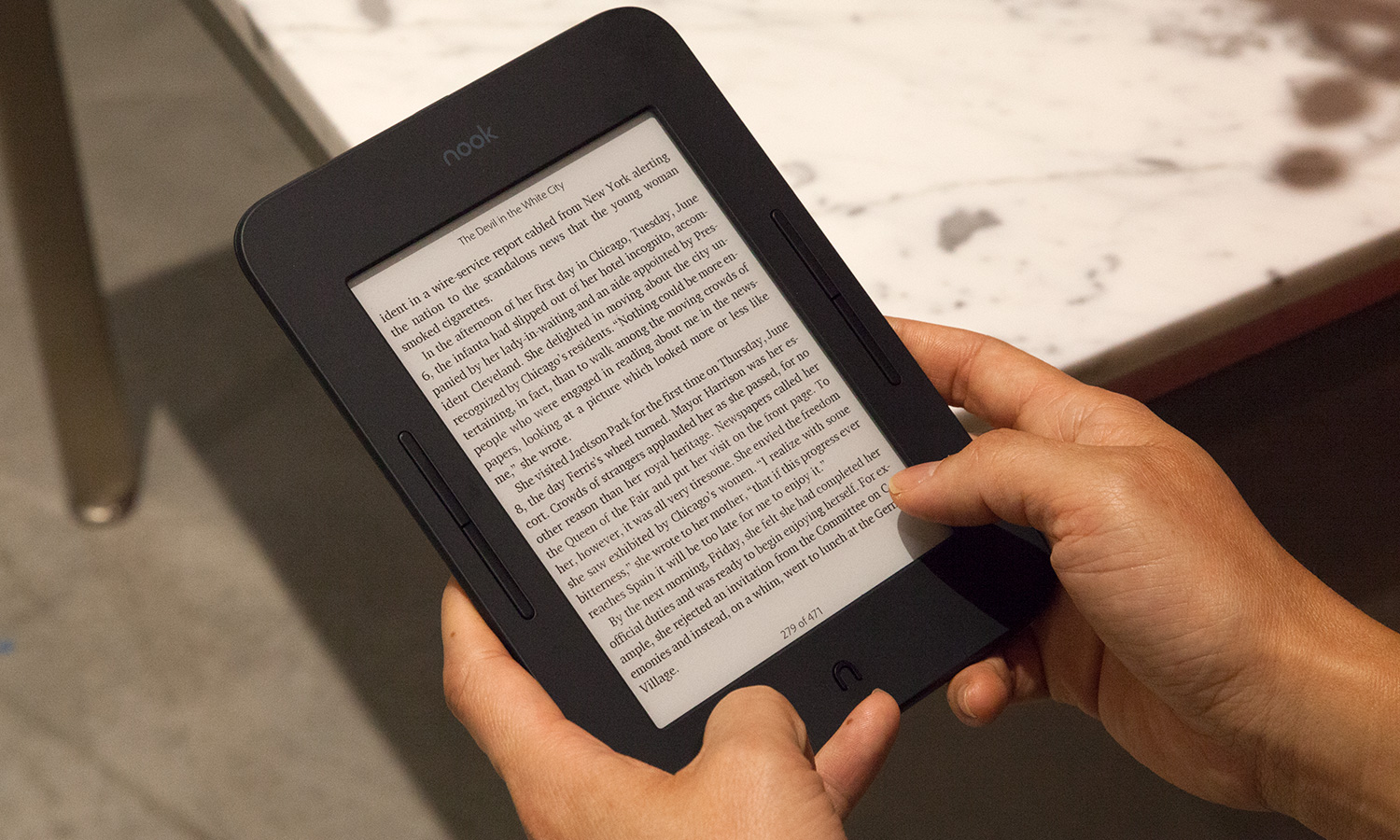PS5 Digital Edition and Xbox Series S are fine — you seriously don’t need discs
The PS5 Digital Edition and Xbox Series S encourage you to forego discs, and that's a good thing

Last week, my colleague Tom Pritchard defended physical media in an era of digital consoles. The PS5 Digital Edition and Xbox Series S, he argued, are a fool’s bargain, as they lock you into restrictive, expensive ecosystems where you ultimately have no control over the content you buy. While I can’t argue with his points about selection and ownership, I do think that there’s one big concern that he overlooked: space.
Put simply, physical media takes up a ton of space, particularly if you want to hang onto boxes as well as the discs themselves. This presents a particularly pernicious problem for apartment-dwellers, but even folks with full houses at their disposal know all too well the perils of having too much stuff. What we value in movies, music, video games and even books isn’t the physical form of the object; it’s the experiences that they offer. Those come across just as well digitally as physically.
- PS5 review: The future of console gaming is here
- Read our full Xbox Series S review
- Just in: PS5 update - here's when stock will return
If you have a ton of empty space at your disposal and feel that physical media is decorative, I can see the appeal. Otherwise, it’s time to embrace the 21st century and go digital.

PS5 Digital Edition and Xbox Series S at a glance
To touch briefly on the consoles that sparked this debate: The PlayStation 5 and Xbox Series X finally debuted in mid-November. Each one costs $500, and each one also offers a cheaper alternative: The $400 PS5 Digital Edition, and the $300 Xbox Series S.
In a nutshell, the PS5 Digital Edition is identical to the PS5, except that it has no disc drive. The Xbox Series S is less powerful than the Series X in terms of GPU, RAM and SSD — and also eschews a disc drive. The bottom line is that these console variants are cheaper, but you have to sacrifice physical media in order to enjoy the savings.
(We also have full comparisons of the PS5 vs. PS5 Digital Edition and Xbox Series X vs. Xbox Series S, if you want to learn more.)

Taking up space
How many video games do you own? If you’ve been playing for a long time, you could have easily racked up dozens or even hundreds. Maybe you store them on a DVD rack, or in an entertainment center nook, or in a box under your bed, but the net result is the same: They take up a lot of space, and they have to go somewhere.
Get instant access to breaking news, the hottest reviews, great deals and helpful tips.
I first learned this obvious-but-important lesson when I was in college, and my parents sold the house in which I’d grown up. Suddenly, I no longer had a dozen rooms across which to store my various games, books, music and books. Since my college apartment had considerably less storage space, I realized that I had only a few options on hand:
- Save my stuff by cramming it into every available corner of my living space
- Rent a storage unit until I moved into a house of my own
- Keep what was important and buy digital from then on
As you can imagine from the title of this piece, I went with the third option. I ripped all of my CDs, ditched my record player, consolidated all of my books into two bookshelves and got rid of every game that required its own bulky peripheral (sorry, Guitar Hero and Rock Band). I donated my PC games to charity, and hung onto my console games only by virtue of the boxes being relatively small.
But for as much as I lost, I also gained something: the ability to live in an uncluttered, tidy space without missing out on any media. I bought myself an e-reader, downloaded streaming apps on my consoles and installed Steam on my PC. I can count the number of physical games, books and CDs I’ve bought since 2010 on one hand, but to my knowledge, I haven’t missed out on anything I’d wanted to read, play or hear.
Furthermore, when I think about the media I sold or donated, I can’t say that I miss any of it. The books, I’d already read; the games, I’d already played. Was there anything that I later regretted getting rid of? Sure — so I bought digital copies. Having to replace a few books or games (usually at much lower prices than when they debuted) is a small price to pay for a space that belongs to you instead of your things.
Consider also: Where you live now is (probably) not where you’ll live forever. There will come a day when you have to move, and when that happens, you’ll have to ditch a lot of your stuff — or pack it all up, only to unpack it in a brand-new space where you’ll probably never use it again. For them most part, physical media that you’ve already experienced just sits there, unused, until you finally decide to get rid of it anyway.
Incidentally, I’m not advocating getting rid of every piece of physical media you own (although goodness knows, I’m sometimes tempted). Some perennial favorites are absolutely worth hanging onto. But if you take a hard look at the books, movies and albums you revisit more than, say, once every two years, you may find that your collection of “essential” media is much smaller than you thought.

Digital advantages and disadvantages
When you go digital, your entire library can live on an external hard drive the size of your hand, which is a huge selling point. However, digital media has a few other advantages, too. Your media will never degrade over time or break unexpectedly; you’ll never misplace it; it’s often cheaper than physical goods.
Of course, some of Tom’s other points are hard to fault. Going digital inherently limits your storefront options, which also means that you can’t really shop around or hunt for bargains. You get a price break whenever the company says there’s a price break, and that’s that. Furthermore, his point about companies changing or removing media is well taken. (Amazon’s removal of George Orwell’s 1984 from Kindle e-readers felt especially on the nose.)
There’s one other issue, which we’re only now starting to see in action, and that’s digital storefront lifespans. While Valve, Sony and Microsoft are chugging along, offering pretty much everything they’ve ever sold, Nintendo has been a lot more cavalier with its older digital products. The Wii storefront shut down, and the Wii U and 3DS storefronts are starting to follow. If you want older games, you have to track down physical copies; if you want older digital exclusives, they’re gone forever.
Someday, every storefront — no matter how successful it is right now — will shut down, or change in an irrevocable way. Maybe it won’t happen for decades, but the change is coming. I’m especially concerned about my Barnes & Noble ebooks, as the company (particularly its digital arm) seems to be constantly teetering on the verge of collapse. Within the next few years, I expect to get a “download your books now, or lose access to them forever” e-mail. Had I just bought physical copies, they’d be mine to keep.
And yet, there is something to be said for learning to let go of possessions, be they physical or digital. The Konmari method has already waxed and waned in popularity, but there is a method to Marie Kondo’s madness. I don’t especially share her minimalist, animist principles, but I do agree with her central tenet: For the most part, there is no practical reason to own things that you don’t use. A few sentimental treasures are tasteful; rooms and rooms full of them can be tacky.
As such, my advice is this: Go digital, save your space, streamline your next move and learn to enjoy your media in the moment. It won’t last forever, of course, but it was never supposed to.

Marshall Honorof was a senior editor for Tom's Guide, overseeing the site's coverage of gaming hardware and software. He comes from a science writing background, having studied paleomammalogy, biological anthropology, and the history of science and technology. After hours, you can find him practicing taekwondo or doing deep dives on classic sci-fi.
